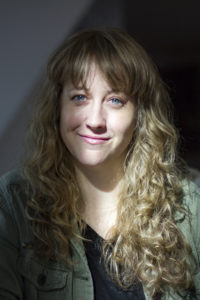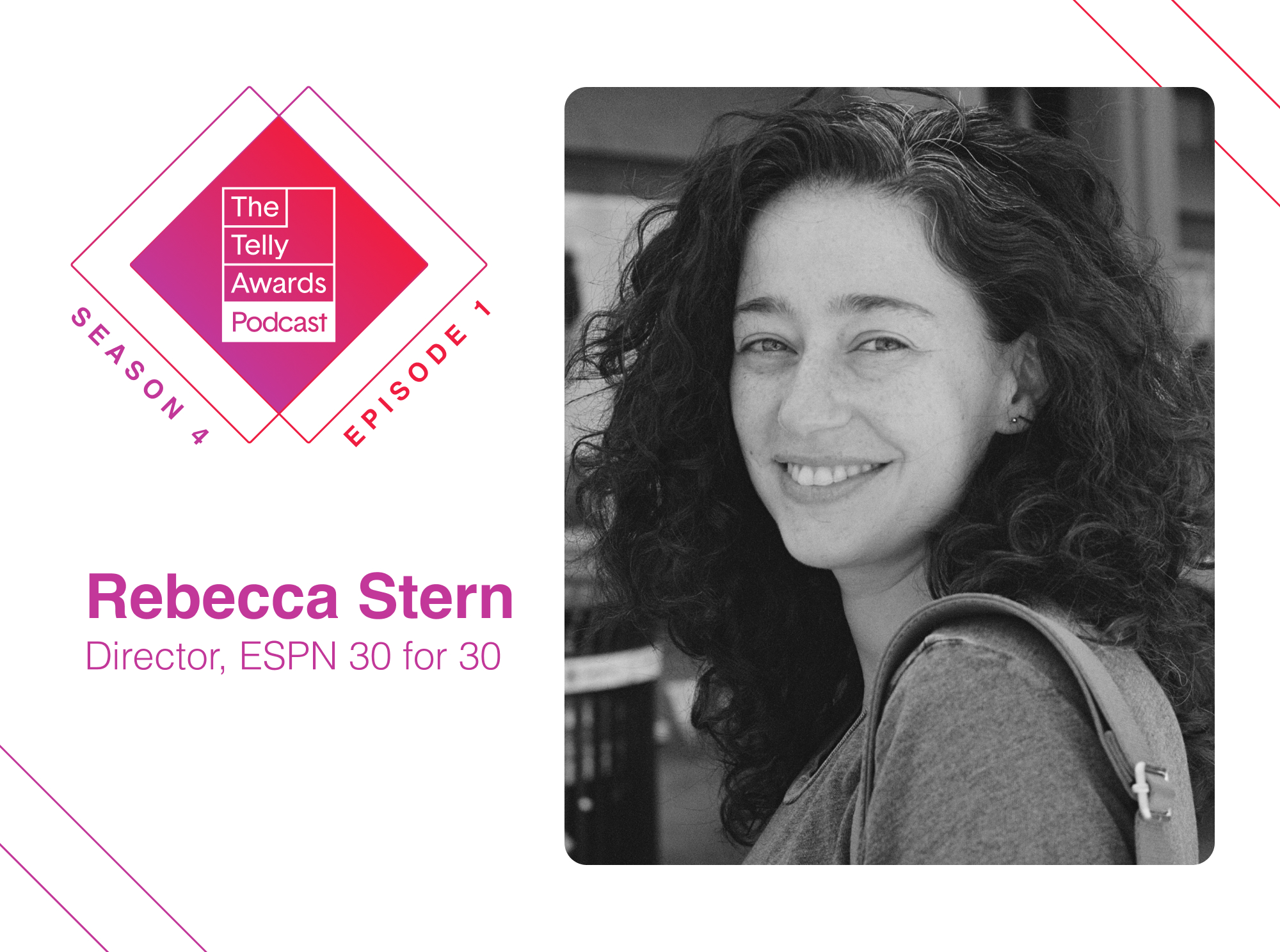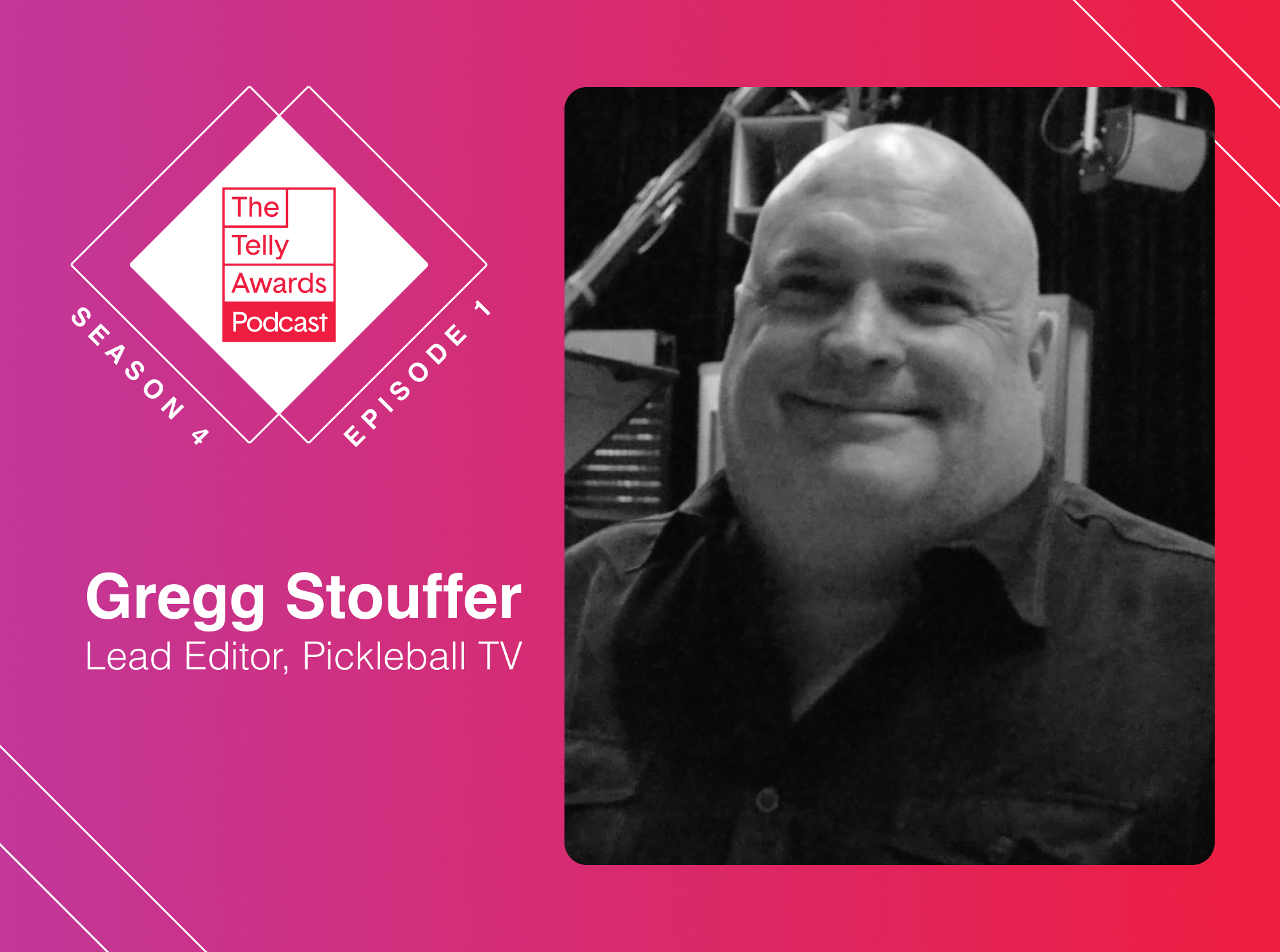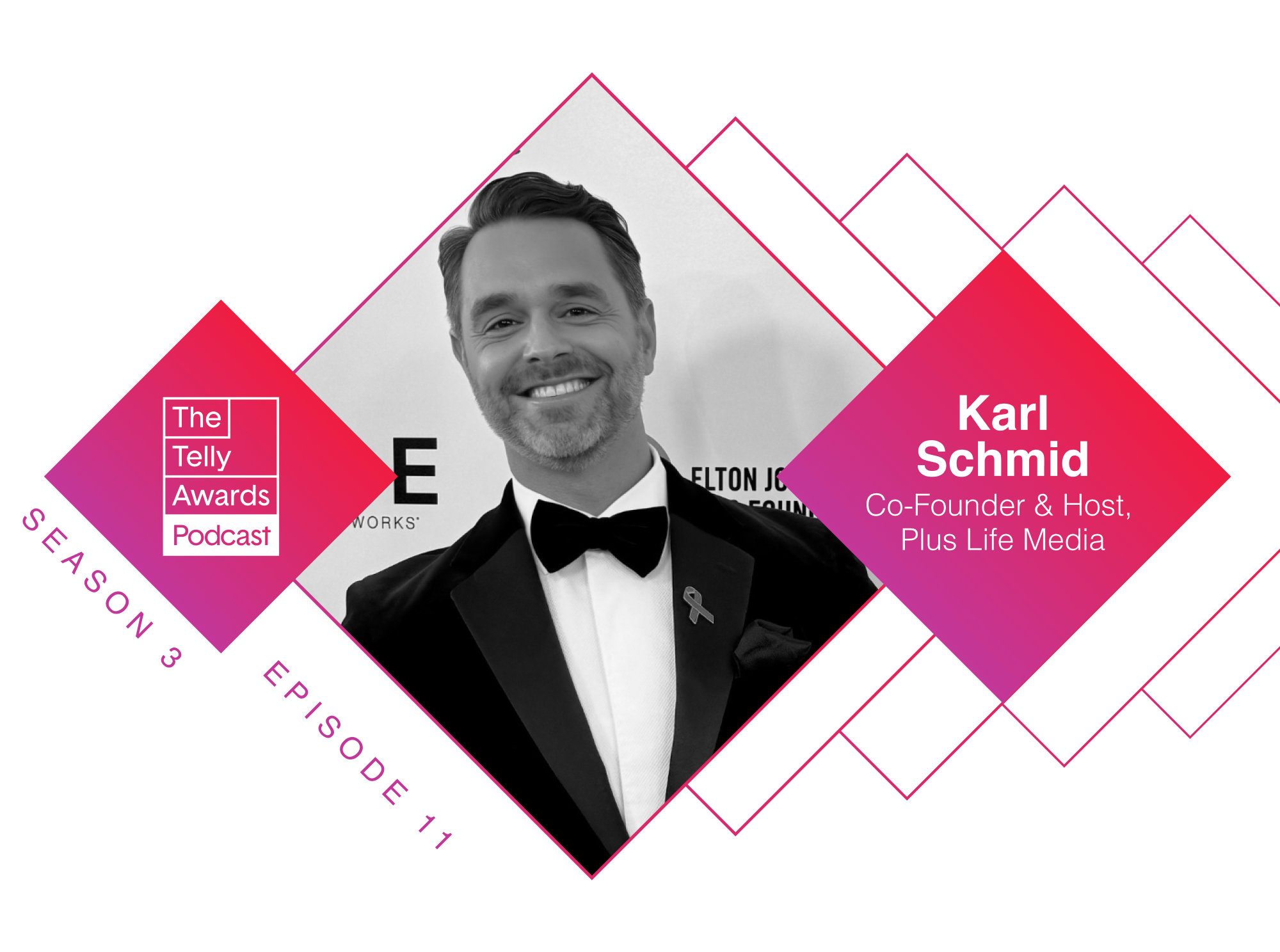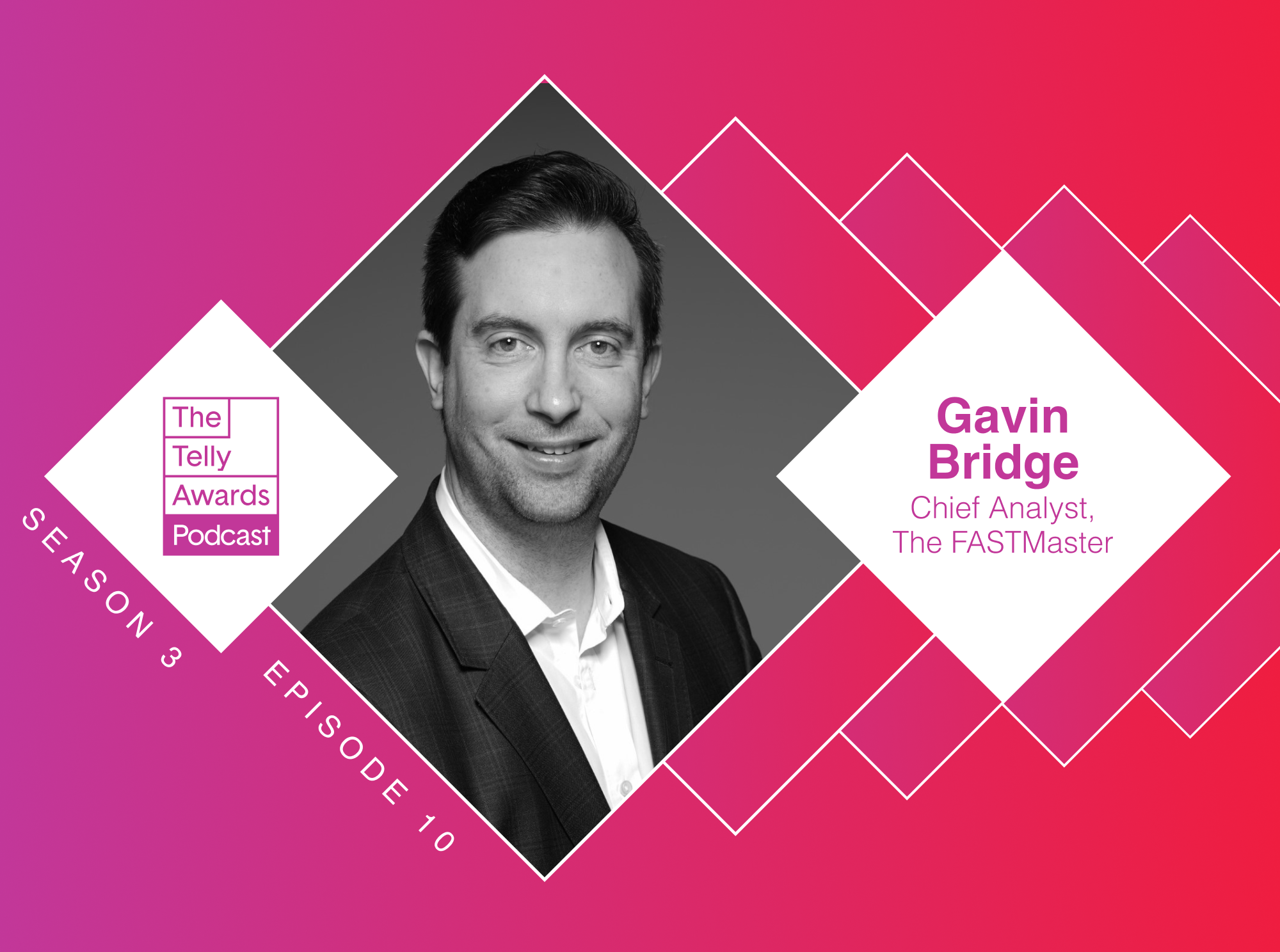The Telly Awards Podcast
Episode 6: Video Journalism vs Documentary Filmmaking
Intertwined with the history of documentary filmmaking, video journalism often finds itself fighting for distinction. While there are obvious similarities between traditional journalism and documentaries, it is the differences between the two mediums that are less identifiable. Yet, there is some debate around how these two mediums are defined within the film and video industry, and as such, how the creators contributing to these mediums define themselves. Washington Post’s chief film critic, Ann Hornaday says, “Documentaries aren’t journalism and there is nothing wrong with that.” while American journalism Chuck Todd swears that in the modern world, documentaries have to be considered to be journalism because “important issues need a bigger allocations of time than can be afforded by traditional forms of journalism.”
At face value, there are at least some similarities between video journalism and documentaries. That is that both present the consumer with material which is based around some factual scenario.
The primary question is then how do they differ? It is easy to say that journalists present consumers with information and filmmakers try to elicit a response. However, this ignores the context in which supposed traditional journalists present information and have been presenting their information under the current content landscape, which often calls for more emotional pieces to capture audience attention.
We invited Jika Gonzalez, prolific Vice News producer and director, and Kristy Guevarra-Flanagan, award-winning documentary filmmaker and SXSW Documentary Jury Award winner, to examine the distinction between these two mediums. Through engaging conversation we analyze the differences between how they define themselves, their creative processes, and ultimately how these two women are using their mediums to further shine a light on current events and spotlight unique and often underrepresented human stories.
Listen to Episode 6 of The Telly Awards podcast below:
Jika González is a New York based producer and cinematographer from Mexico City on staff at VICE News. Her work has taken her across the US and Latin America where she has focused on issues of identity, the human consequences of immigration policy, and climate change. Her work has been acknowledged with four News and Documentary Emmys, a National Press Club award, and an Overseas Press Club award among others.
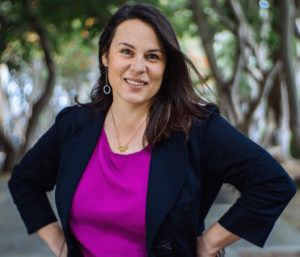
Kristy Guevara-Flanagan has been making documentary and experimental films about gender, the Latinx community, and representation for nearly two decades. Her first feature-length film, Going on 13 (Co-Directed by Dawn Valadez, 2009), covers four years in the lives of four adolescent girls and premiered at the Tribeca Film Festival. Her next feature, Wonder Women! The Untold Story of American Superheroines (2013), traces the evolution and legacy of the comic book hero Wonder Woman as a way to reflect on society’s anxieties about women’s liberation. The film garnered numerous awards, premiered at the South by Southwest Film Festival and was broadcast on the PBS series Independent Lens in 2013. Her following short, What Happened to Her (2016) explores our cultural obsession with images of the dead woman on screen. The film premiered at the Hot Docs Canadian Film Festival and won the Grand Jury prize at the Dallas International Film Festival.
Guevara-Flanagan has won many accolades for her newest short film, Águilas (Co-Directed by Maite Zubiaurre, 2021), about an all-volunteer organization that searches for migrants who go missing as they cross the border between Mexico and the United States. Águilas won Best Short Documentary at SXSW and is nominated for Best Short Documentary by the International Documentary Association and Cinema Eye Honors. It has subsequently streamed at The New Yorker online and aired on PBS’ POV. Her Sundance-supported feature documentary, Body Parts, continues her exploration on the themes of gender and representation and will be released 2022. Kristy’s work has been funded by ITVS, the Sundance Institute, the Tribeca Institute, Fork Films, the International Documentary Association, Latino Public Broadcasting and California Humanities. Much of her work is in distribution with Women Make Moves. She is currently an Associate Professor at UCLA.


